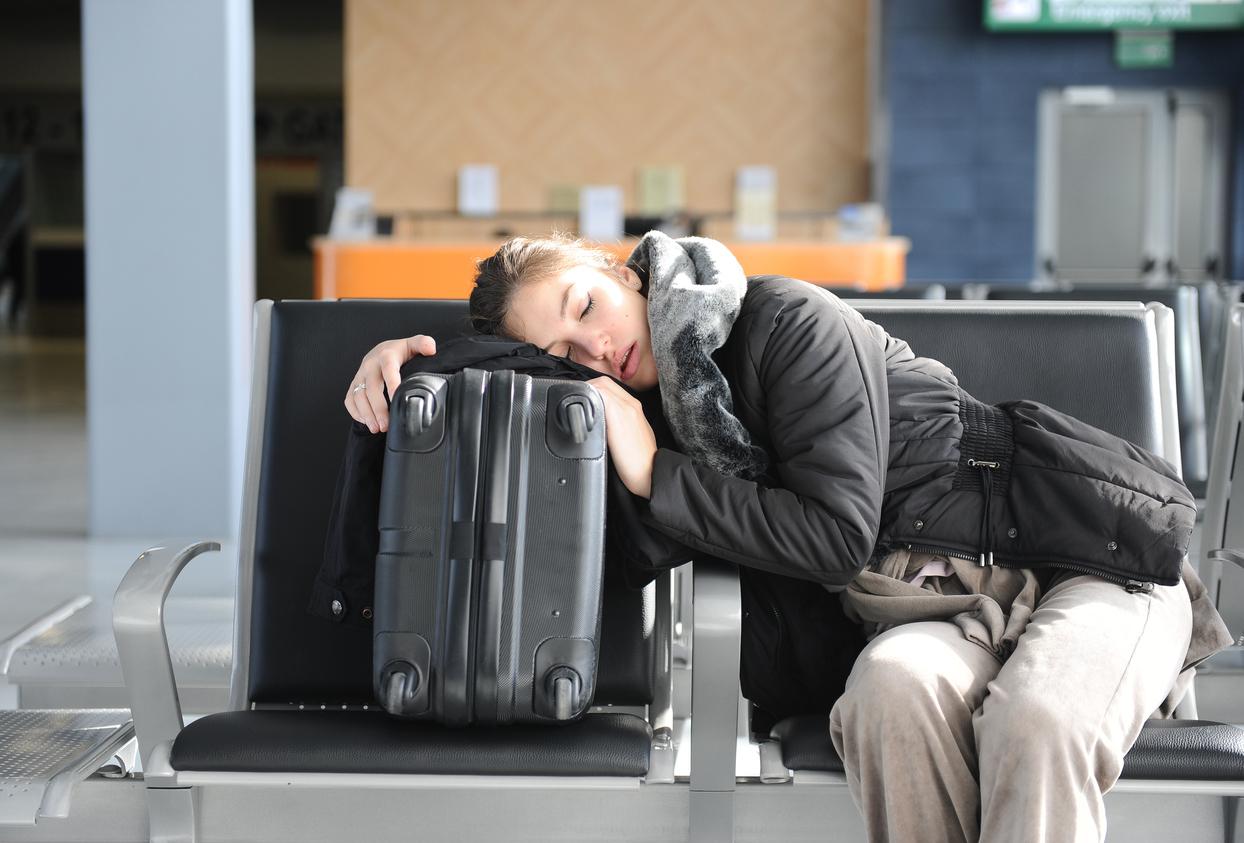Changing the time you eat could help beat jetlag, research shows
It’s time to ditch the sleeping pills and invest a watch

Your support helps us to tell the story
From reproductive rights to climate change to Big Tech, The Independent is on the ground when the story is developing. Whether it's investigating the financials of Elon Musk's pro-Trump PAC or producing our latest documentary, 'The A Word', which shines a light on the American women fighting for reproductive rights, we know how important it is to parse out the facts from the messaging.
At such a critical moment in US history, we need reporters on the ground. Your donation allows us to keep sending journalists to speak to both sides of the story.
The Independent is trusted by Americans across the entire political spectrum. And unlike many other quality news outlets, we choose not to lock Americans out of our reporting and analysis with paywalls. We believe quality journalism should be available to everyone, paid for by those who can afford it.
Your support makes all the difference.Travel junkies will be no stranger to jet lag – you know, that sleepy state of grogginess that leaves you feeling starved of sleep but unable to doze off all at the same time.
But, forget sleeping pills or knocking back a few glasses of wine because overcoming jet lag could be as simple as changing the time you eat, new research suggests.
In the first human study of its kind, researchers from the University of Surrey have discovered that changing your meals to match the time in your destination could help synchronise your internal body clock.
They also believe that this method could benefit shift workers who struggle to fall asleep.
“Altering meal times can reset the body clock regulating sugar metabolism in a drug-free way,” said lead author Dr Jonathan Johnston.
“This will help us design feeding regimes to reduce the risk of developing health problems such as obesity and cardiovascular disease in people with disturbed circadian rhythms.
“So if you are flying back home from the US, try and eat closer to the time you normally would in Britain.”
In the study, researchers analysed the impact of changing meal times on the body clocks of 10 volunteers who were all provided with breakfast, lunch and dinner.
In the first stage of the study, breakfast was provided 30 minutes after waking, with later meals being given at subsequent five hour intervals.
The second stage of the study saw volunteers given their breakfast five hours after waking.
Immediately after each stage, blood and fat samples were taken to determine volunteers' circadian rhythms.
Results showed that postponing meals by five hours also delays blood sugar rhythms by the same amount of time which proves that controlling blood sugar could help to synchronise your body clock.
“It has been shown that regular jet lag and shift work have adverse effects on the body, including metabolic disturbances,” Dr Johnston explained.
“Altering meal times can reset the body clocks regulating sugar metabolism in a drug-free way.”
It’s a method supported by the NHS too who say that jet lag can be beaten by establishing a new routine, “eat and sleep at the correct times for your new time zone, not at the time you usually eat and sleep at home.”
Join our commenting forum
Join thought-provoking conversations, follow other Independent readers and see their replies
Comments